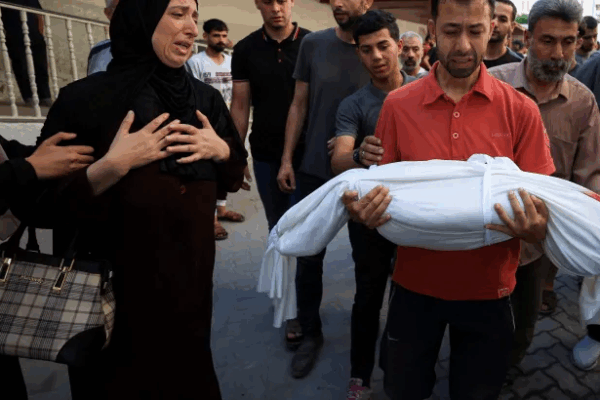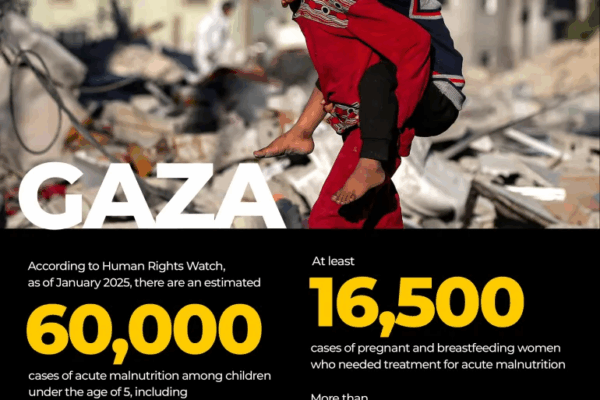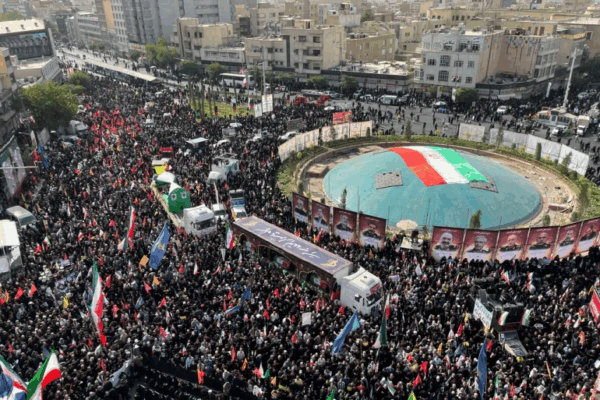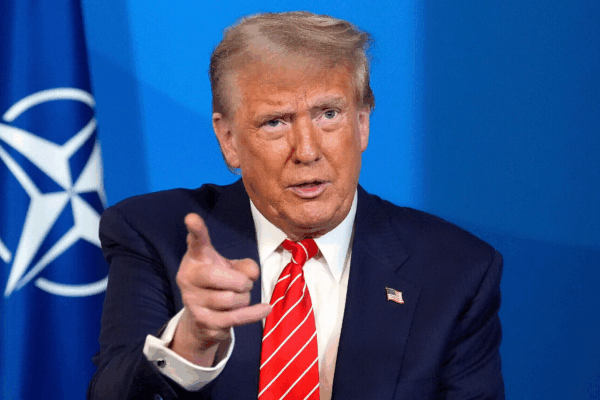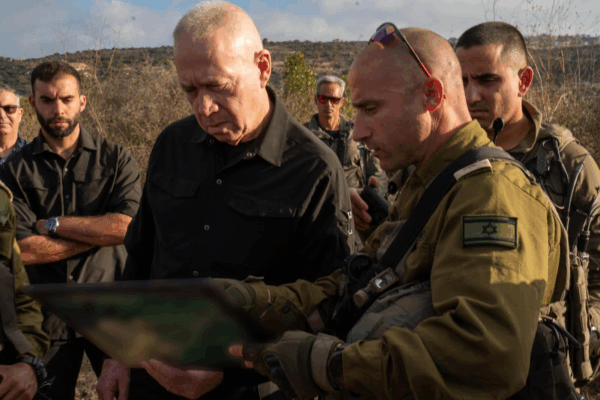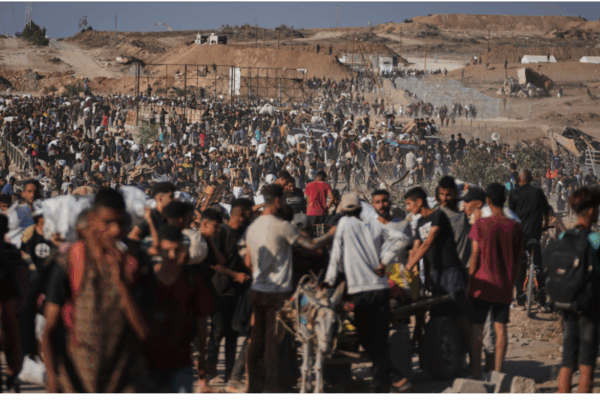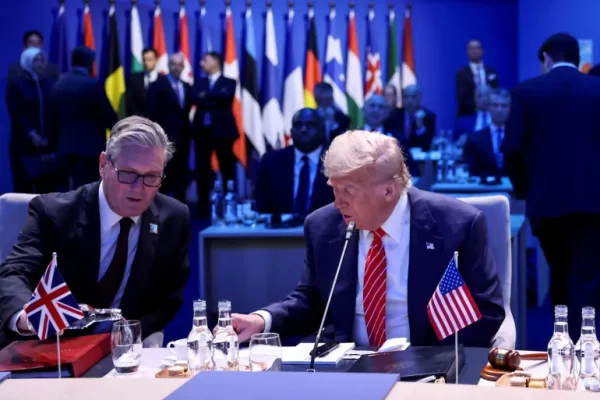NATO member states have agreed to a significant increase in defence spending, pledging to allocate up to 5 percent of their national GDP to military and security-related sectors by 2035 — a major shift largely aligned with the long-standing demands of former U.S. President Donald Trump. The agreement, reached at a summit in The Hague on Wednesday, was described in the summit communique as a “quantum leap” in the bloc’s collective security strategy. The document outlined that member countries would annually invest 5 percent of GDP on core defence requirements and broader security-related expenditures, with a review scheduled for 2029 — notably, after the next U.S. presidential election. NATO Secretary General Mark Rutte called the development “transformational,” although some alliance members expressed concerns about their ability to meet the target. Spain, Belgium, and Slovakia were among those that acknowledged the ambitious goal may be difficult to achieve due to economic constraints. Former President Trump, who had previously criticized NATO members for not meeting existing defence commitments, welcomed the decision. Speaking at the summit, he said, “They said, ‘You did it, sir. You did it.’ Well, I don’t know if I did it, but I think I did.” The renewed commitment is seen by analysts as an effort to shore up the alliance’s deterrence against Russia and prepare for the possibility of reduced U.S. military engagement depending on the outcome of the 2024 presidential election. UK Prime Minister Keir Starmer also signaled strong support, announcing that the United Kingdom expects to reach 4.1 percent defence and security spending by 2027. While the pledge underscores NATO’s unity in principle, the stark differences in economic capabilities among member states suggest that meeting the 5 percent benchmark will likely become a key issue of debate in the coming years.
